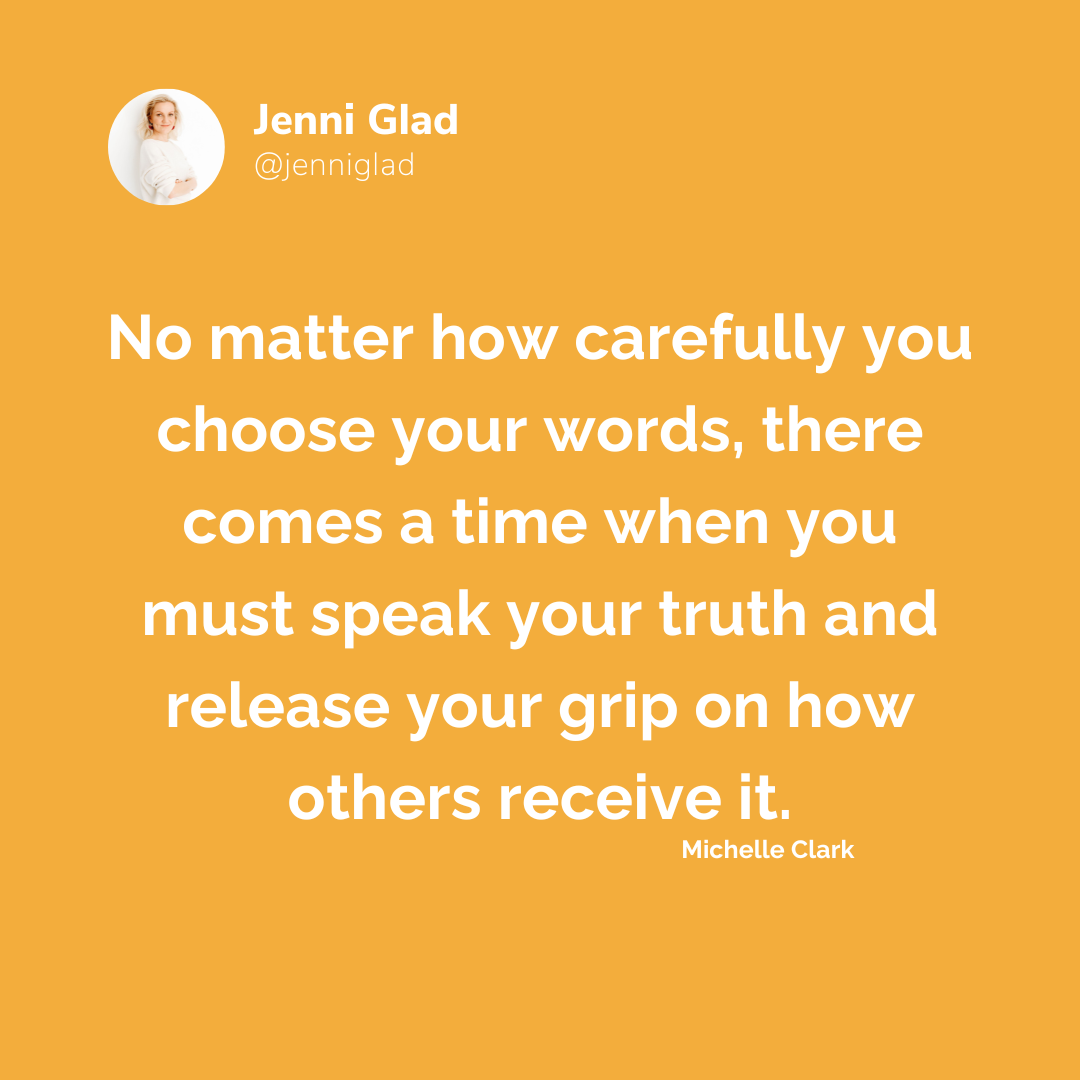Why Is It So Hard to Set Boundaries and Speak Up?
Boundaries are not selfish. You are allowed to have needs and voice them- and ensure they are met. Stop the silent struggle and people-pleasing, learn how to express yourself authentically.

Do You Struggle with Healthy Boundaries?
Does it feel like people take advantage of your kindness—or even reject, use, or dismiss you?
You may find yourself bending, pleasing, and prioritizing others’ needs and emotions over your own— until it feels like you don’t matter. It’s frustrating. It’s painful.
This often triggers a fight, flight, or freeze response—activating old hurt, deep anger, or patterns that quietly repeat themselves across all areas of your life.
Deep down, you might believe that if you give enough, you’ll eventually receive the same in return. That by neglecting your own needs, you’ll finally feel loved, accepted, and connected.
But when these emotional, energetic, and behavioural patterns begin to shift—
You find your voice.
You express yourself with clarity and confidence.
You let go of overthinking loops and guilt.
You create peace without needing to please.
Here’s the truth:
Most of us were never taught how to set boundaries in a healthy way.
But it’s a skill anyone can learn.
Like learning a new language— only easier, because it begins with you.
What Happens When Boundaries Are Missing?
A lack of boundaries often shows up as:
Unhealthy relationship patterns
People-pleasing and self-abandonment
Self-destructive behaviours (like numbing or overgiving)
Under-earning and undervaluing your worth
Exhaustion and emotional burnout
Feeling stuck or unfulfilled
The first step in setting boundaries is becoming aware of where you lack them.
Common Boundary Blind Spots
I could give thousands of examples how lack of boundaries manifest in life but here are some.
In relationships:
You and your partner keep having the same argument in different forms. You hold back your real thoughts and feelings, hoping they’ll “get it.” But they don’t. There’s no resolution— just a quiet buildup of resentment, then another blow-up.
At work:
You’ve worked hard on a big project and were promised a raise— but it never came. You feel frozen. You don’t speak up, ask for it and instead carry quiet resentment and a deep sense of injustice.
In business:
You’ve raised your rates. But when speaking with a new client, you fall back on your old pricing— or offer a discount they never asked for. Later, you feel like you sold yourself short and try to talk yourself out of the shame spiral. This influences in your client relationship and results.
As a parent:
You ask them to do something and they don’t listen. You lose your temper and end up yelling— not because you’re angry, but because you feel unseen, disrespected, and powerless. Many believe this is a child’s behavior problem, but it often reflects an unspoken boundary issue.
Each of these moments chips away at your confidence. You feel guilty, drained, and stuck in a cycle that repeats itself—because the underlying wound is still active.
But you can change this.
The Way Out: Rebuilding Boundaries from the Inside-Out
To set boundaries that actually work, you need to look deeper—
To understand the emotional drivers and old beliefs keeping you stuck.
Most often, it’s not about weakness or willpower.
It’s about unhealed experiences from the past—rejection, abandonment, or unresolved conflict—that still live in your nervous system.
Your powerful brain, trying to protect you, repeats the same patterns whenever those emotions get triggered.
Unless you become aware of them, heal the roots, and learn new ways of responding—
You’ll keep getting stuck in the same painful loops.
But when you do the work—
You stop struggling with insecurity.
You boost your confidence.
You learn how to set clear, respectful boundaries—and feel good about it.
And life begins to feel more peaceful, sustainable, and yours.
A Client Story: From Silence to Self-Expression
A client came to me stuck in a familiar cycle— she couldn’t speak up or express herself.
At work, this meant she never received support from her managers. Her professional expertise went unrecognised, both verbally and financially.
In her personal relationships, she became a people-pleaser. She gave away her power in subtle ways— keeping the peace, staying kind, and accepting behaviour that didn’t feel right. She let others make decisions for her, quietly.
Looking back, her childhood held the root of this pattern. Her strict father rejected her often, demanded obedience, and silenced her voice and playfulness. Over time, she learned to keep quiet, to do things on her own, and to stop expecting to belong.
That left her feeling socially isolated and emotionally disconnected, struggling with perfectionism. She numbed the pain, anxiety and hypervigilance with alcohol and played it small and safe in love and at work.
Deep down, unconsciously, she longed for real connection, closeness, and love. But no matter what she tried, it felt out of reach.
By the time we finished working together:
She had released her fear of speaking up.
She began expressing herself and her needs with calm clarity—without the old bursts of anger or passive-aggressive patterns.
She learned how to recognise moments to speak up and set boundaries.
She felt an inner freedom that shifted everything. Her energy changed. People started to truly see her and appreciate her—without her having to earn it.
Most importantly, she finally felt good and comfortable being herself. She finally realised she was worthy of love and support, unconditionally— without the need to be perfect.
Yes, it felt terrifying at first—but with practice, her confidence grew. And that changed everything.
This could have been my story. And it’s also the story of so many clients I’ve worked with.
The details may differ, but the patterns—staying silent, self-abandoning, yearning to be seen—are painfully similar.
The good news is that these patterns can be rewritten.
The most important lessons to learn about boundaries:
Other people are responsible for their emotions and reactions
Your needs and boundaries are not hurting others— you are not “bad” to ask
How to express and voice out boundaries healthily
These questions help you get clarity:
In what situations do you lack boundaries or over-give, or neglect your own needs?
How does it make you feel when this happens?
Where and how did you learn this?
How do you want to change and be?
What kind of boundaries do you need to set for yourself?
How can you practice receiving more?
With clarity you can see things clearly and make any changes, so if this resonates, take some time to work through these questions.
I’d love to hear from you now - share below your thoughts and what resonates with you!
Warmly, Jenni
P.S. If you are ready to dive deeper, get clarity, confidence and start making changes:


